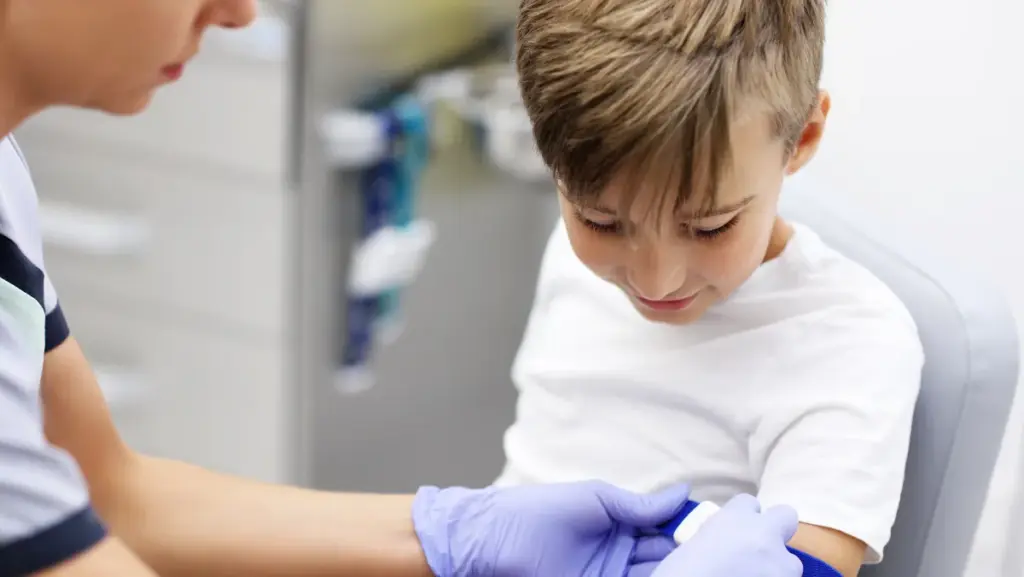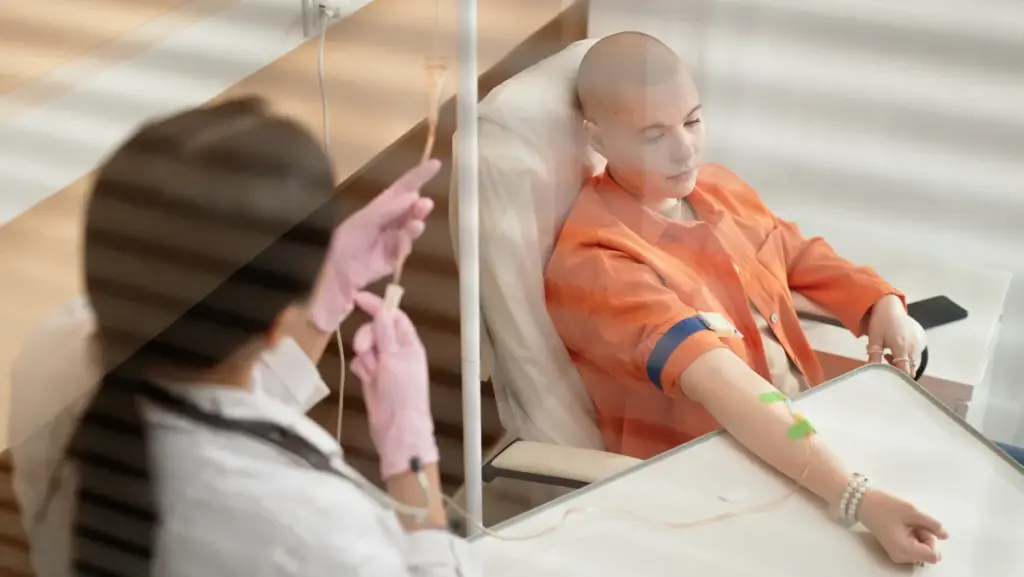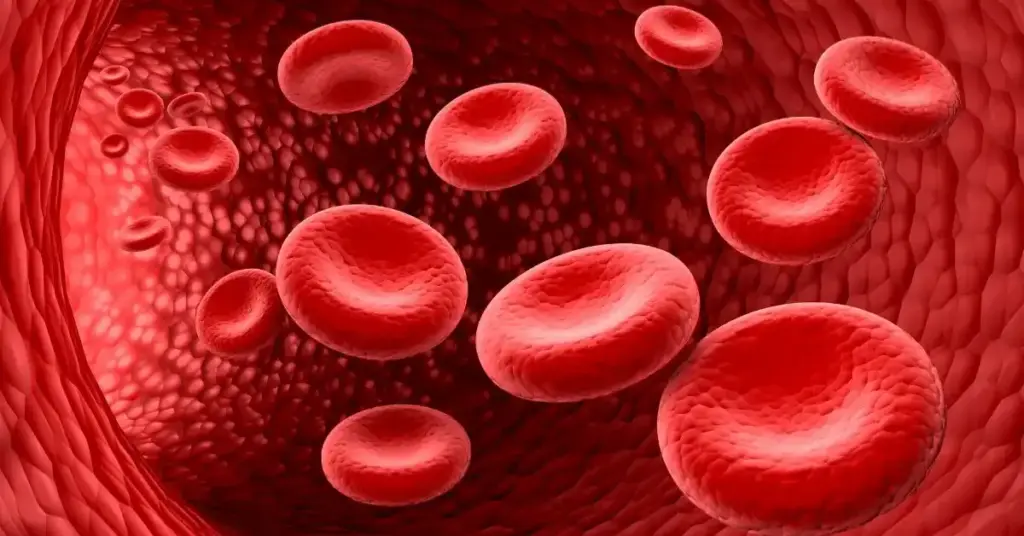
Cancer treatment has evolved dramatically over the years. Traditional therapies like chemotherapy and radiation often work broadly, attacking both healthy and cancerous cells, which can cause side effects and sometimes limited success. Today, we are entering a new era of cancer care Precision Oncology. Precision oncology focuses on treating cancer based on the unique genetic makeup of each patient and their tumor. Instead of a “one-size-fits-all” approach, this method uses advanced genetic testing, molecular profiling, and targeted therapies to deliver the most effective treatment with fewer side effects. It represents a major step forward in personalizing cancer care.
Every cancer is different, even if two patients have the same type. For example, two people with lung cancer may have entirely different genetic mutations. Precision oncology helps in:
This approach shifts cancer care from general treatment to personalized medicine.
Cancer cells undergo changes in their DNA, causing uncontrolled growth. Genomic profiling studies these changes to identify mutations such as EGFR, ALK, BRCA1, BRCA2, HER2, and others. This helps determine which targeted drugs will work best.
Targeted therapies are drugs designed to attack specific genetic mutations or proteins in cancer cells while sparing normal cells. For example:
Precision oncology often combines genomic testing with immunotherapy. Immunotherapy stimulates the body’s own immune system to fight cancer more effectively. Biomarkers such as PD-L1 levels and MSI-H (Microsatellite Instability) help determine if immunotherapy will be effective.
Instead of traditional tissue biopsy, precision oncology uses liquid biopsy, a simple blood test that detects tumor DNA circulating in the bloodstream. This non-invasive test helps monitor treatment response and recurrence.
AI and machine learning are increasingly used to analyze vast amounts of genetic and clinical data. This helps oncologists make precise treatment decisions in real time.
Precision oncology has shown promising results in several types of cancers:
As research progresses, precision oncology is expanding to more cancer types.
While highly effective, precision oncology also faces challenges:
Despite these challenges, the field is advancing rapidly, and costs are gradually decreasing, making precision oncology more accessible.
We offer a comprehensive range of services to ensure patients receive the best possible care:
Our multidisciplinary team of oncologists, pathologists, and genetic counselors work together to design the most effective treatment strategy for each patient.
Precision oncology does not stop with treatment. Survivorship care is equally important:
Genetic counseling for family members who may be at risk.
The field continues to evolve with exciting innovations:
The future promises more effective, less toxic, and highly personalized cancer treatments.
Precision Oncology is redefining how we fight cancer. By understanding the genetic and molecular makeup of each patient’s tumor, we can deliver more effective, targeted, and safer treatments. This personalized approach offers new hope, especially for patients with difficult-to-treat cancers. At our center, we are committed to providing world-class precision oncology services that combine advanced technology, expert care, and compassion. Together, we can take a step towards a future where cancer is no longer a threat.
Cancer treatment has evolved dramatically over the years. Traditional therapies like chemotherapy and radiation often work broadly, attacking both healthy and cancerous cells, which can cause side effects and sometimes limited success. Today, we are entering a new era of cancer care Precision Oncology. Precision oncology focuses on treating cancer based on the unique genetic makeup of each patient and their tumor. Instead of a “one-size-fits-all” approach, this method uses advanced genetic testing, molecular profiling, and targeted therapies to deliver the most effective treatment with fewer side effects. It represents a major step forward in personalizing cancer care.
Why Precision Oncology Matters?
Key Components of Precision Oncology
Cancers Where Precision Oncology is Used
Benefits of Precision Oncology
Limitations & Challenges
Our Precision Oncology Services
How Precision Oncology Works: Step by Step
Survivorship & Long-Term Care
The Future of Precision Oncology
Why Choose Us for Precision Oncology?
Conclusion
Every cancer is different, even if two patients have the same type. For example, two people with lung cancer may have entirely different genetic mutations. Precision oncology helps in:
This approach shifts cancer care from general treatment to personalized medicine.
Cancer cells undergo changes in their DNA, causing uncontrolled growth. Genomic profiling studies these changes to identify mutations such as EGFR, ALK, BRCA1, BRCA2, HER2, and others. This helps determine which targeted drugs will work best.
Targeted therapies are drugs designed to attack specific genetic mutations or proteins in cancer cells while sparing normal cells. For example:
Precision oncology often combines genomic testing with immunotherapy. Immunotherapy stimulates the body’s own immune system to fight cancer more effectively. Biomarkers such as PD-L1 levels and MSI-H (Microsatellite Instability) help determine if immunotherapy will be effective.
Instead of traditional tissue biopsy, precision oncology uses liquid biopsy, a simple blood test that detects tumor DNA circulating in the bloodstream. This non-invasive test helps monitor treatment response and recurrence.
AI and machine learning are increasingly used to analyze vast amounts of genetic and clinical data. This helps oncologists make precise treatment decisions in real time.
Precision oncology has shown promising results in several types of cancers:
As research progresses, precision oncology is expanding to more cancer types.
While highly effective, precision oncology also faces challenges:
Despite these challenges, the field is advancing rapidly, and costs are gradually decreasing, making precision oncology more accessible.
We offer a comprehensive range of services to ensure patients receive the best possible care:
Our multidisciplinary team of oncologists, pathologists, and genetic counselors work together to design the most effective treatment strategy for each patient.
Precision oncology does not stop with treatment. Survivorship care is equally important:
Genetic counseling for family members who may be at risk.
The field continues to evolve with exciting innovations:
The future promises more effective, less toxic, and highly personalized cancer treatments.
Precision Oncology is redefining how we fight cancer. By understanding the genetic and molecular makeup of each patient’s tumor, we can deliver more effective, targeted, and safer treatments. This personalized approach offers new hope, especially for patients with difficult-to-treat cancers. At our center, we are committed to providing world-class precision oncology services that combine advanced technology, expert care, and compassion. Together, we can take a step towards a future where cancer is no longer a threat.
Precision oncology is an advanced approach to cancer care that tailors treatment based on an individual’s genetic makeup, tumor profile, and lifestyle. Unlike traditional methods, it uses molecular diagnostics, targeted therapies, and personalized strategies to maximize effectiveness while minimizing side effects. This ensures patients receive more accurate, effective, and customized cancer treatment for better outcomes.
Yes, precision oncology is widely considered the future of cancer treatment. By focusing on genetic and molecular characteristics, it provides targeted therapies with higher success rates compared to conventional approaches. It enables early detection, reduced toxicity, and improved survival. With ongoing advancements in genomics and AI, precision oncology is revolutionizing cancer care and shaping tomorrow’s medical landscape.
While highly promising, precision oncology has limitations. Genetic testing and targeted therapies can be expensive and may not be accessible to all patients. Not every cancer type has an identified target for therapy, limiting its use. Additionally, tumor mutations can evolve over time, requiring constant monitoring. Despite challenges, research continues to expand its effectiveness and reach.





